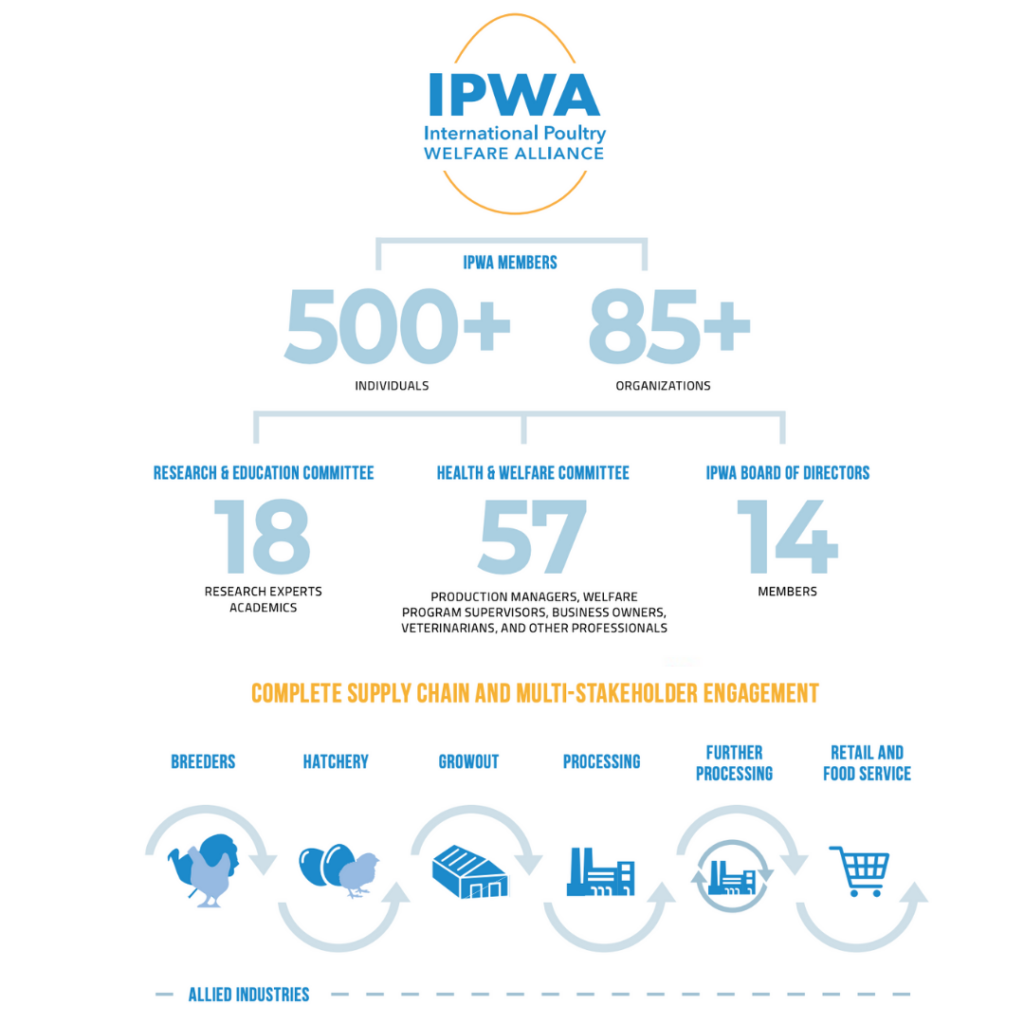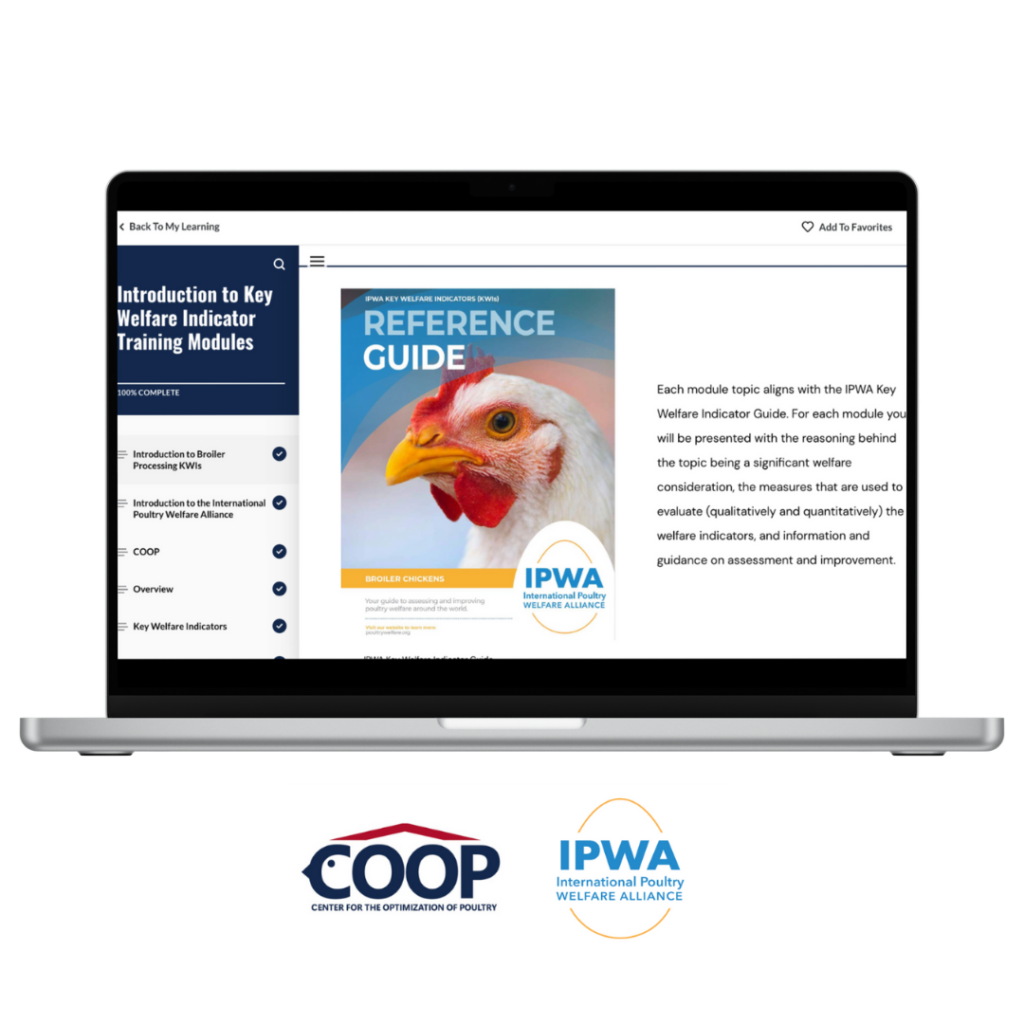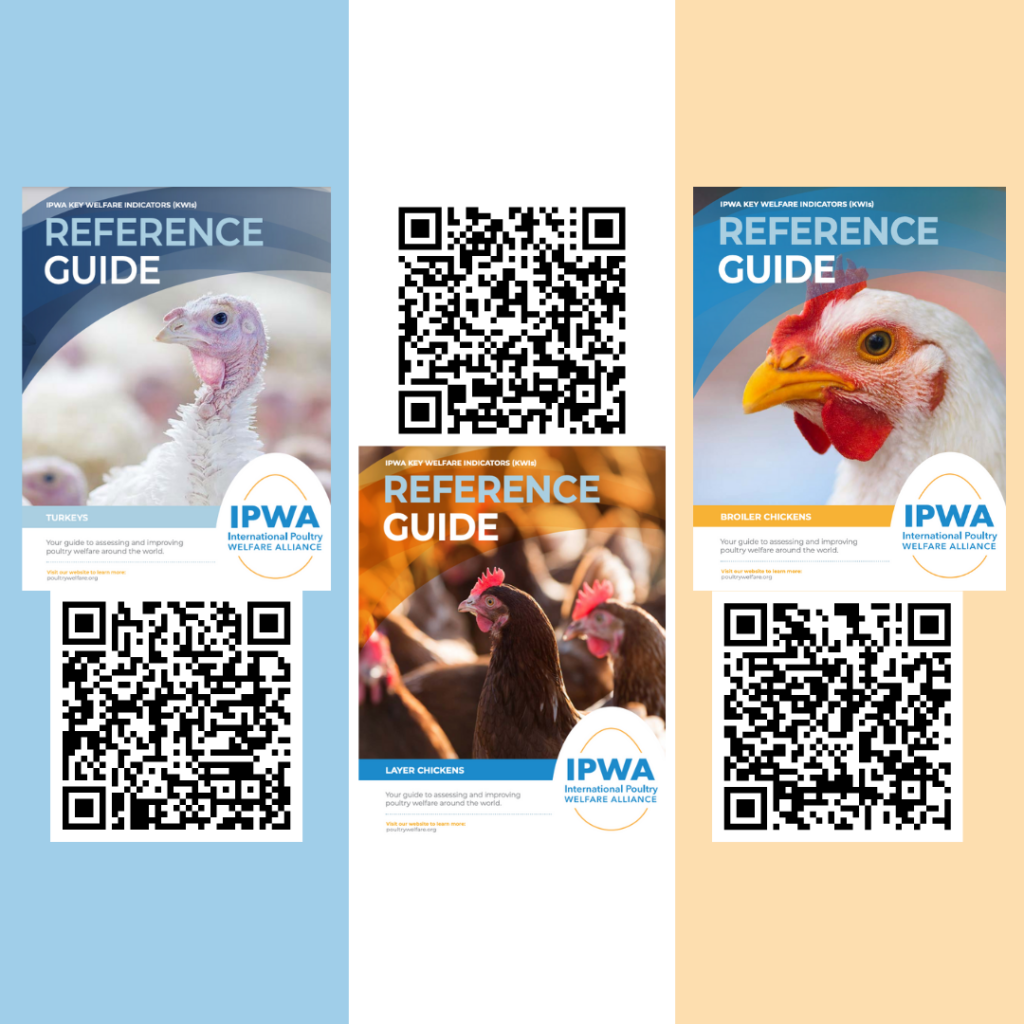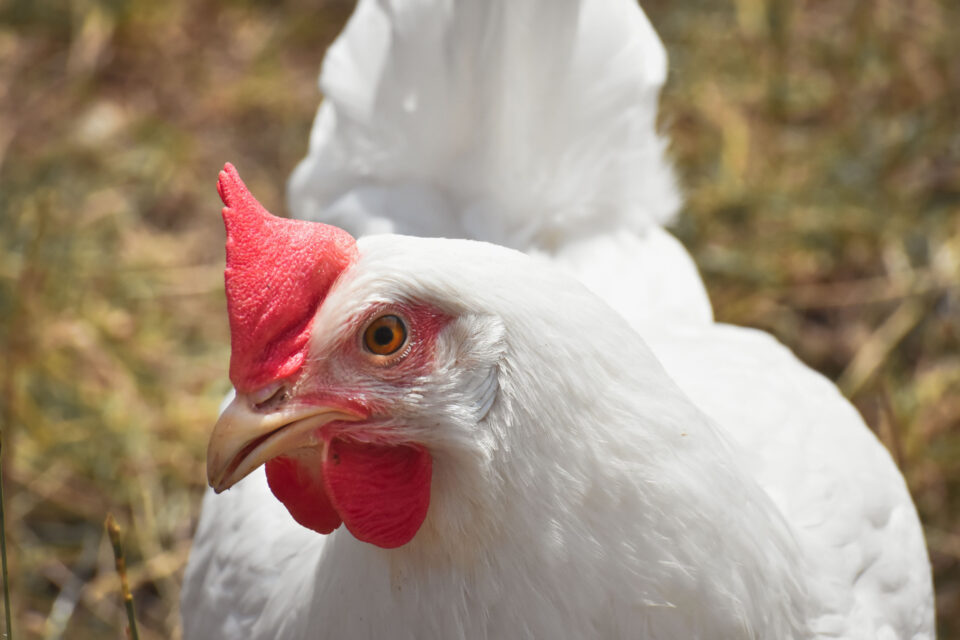The world population is growing and with it the need for efficient, productive and reliable food systems. Safe, affordable, nutritious poultry feeds the world. The industry understands its role in this and so a focus on welfare outcomes has become critically important.
Advances in our understanding of genetics, nutrition, housing and management are necessary to meet the global demand for poultry and IPWA’s Key Welfare Indicator (KWI) Guides play a vital role in supporting the evaluation of bird welfare at the basic level. The KWI Guides and newly-launched online learning modules are based on proven science and incorporate welfare assessments into poultry management to drive further improvements and have been designed to be used consistently around the world.
According to the World Organisation for Animal Health’s Terrestrial Code, welfare is “the physical and mental state of an animal in relation to the conditions in which it lives”. This broad definition encompasses top-level care for poultry. Welfare is a complex subject with scientific, ethical, economic, cultural, social, religious and political considerations but, simply put, poultry welfare describes the culmination of every step taken to provide high-quality care for birds.

Pragmatic tool
IPWA’s aim was to create a pragmatic welfare tool for poultry and so experts assessed globally-recognised welfare frameworks, such as the Five Freedoms and the Five Domains, which aid in improving our comprehension of animal welfare conditions. They also explored human responsibility in relation to animals’ physical and mental requirements, plus strategies for sustaining and enhancing their well-being. In multi-stakeholder groups comprising producers, veterinarians and welfare programme supervisors, IPWA served as a forum for the development of a comprehensive list of outcome-based key welfare indicators with standardised instructions for maximum applicability and understanding. This led to the development of Key Welfare Indicator Guides to provide a free, science-based, multi-stakeholder reference to support people managing and caring for broilers, layers and turkeys. Three guides tailored to each species’ unique requirements.
Expert input
The members of the IPWA poultry health & welfare committee, who were the primary authors, included 57 production managers, welfare programme supervisors, business owners, veterinarians and other professionals actively involved in the development, implementation and verification of welfare protocols for poultry. Their expertise and current work covers every poultry market in the world. The IPWA research & education committee, consisting of 18 research experts from world-renown institutions and poultry research programmes, undertook a rigorous academic review and revision process for each guide. This involved multiple rounds of review and feedback, to ensure that the guides meet the highest standards of scientific rigor and credibility. The guides were also open for public comment beyond the more than 100 organisation members that make up IPWA, thus gathering broader input to feed into the ways in which the industry can drive improved poultry welfare outcomes through better assessment.

Outcome-based measures
The key indicators that feature in the KWI Guides were selected by multi-stakeholder groups of experts because they have a clear and proven correlation to poultry welfare. Most of the KWIs are outcome-based measures – the most suitable way to accurately assess welfare status and impacts on birds. Bird and environment-based measures are only used where outcome-based measures have not yet been developed and proven. These indicators were considered to have the most potential for improvement and harbour substantial risk if not monitored effectively. It is not intended to be all-encompassing for every measure needed to provide optimal care for poultry. However, these guides do provide clear definitions, explanations, observations, measures and resources for the most important welfare indicators – intended to provide users with a place to start.
Nick Wolfenden from Cargill, co-chair of IPWA’s education and training committee, is enthusiastic about the collaborative effort. “Seeing the IPWA industry and academic membership come together to identify the gap, collaborate on and implement such an impactful solution has been very fulfilling,” he says. In this new phase, IPWA and Fresno State’s Center for the Optimization of Poultry (COOP) are now working together to promote the highest poultry welfare standards through accessible and engaging educational content. The digital training modules, developed using premier course development software, offer an invaluable user-friendly learning experience for anyone involved in poultry production, as well as universities and colleges that can add this in-depth knowledge to their programmes. Four broiler-focused modules are currently available. Turkey and laying hen training modules will be introduced shortly. Translations of the guides into other languages besides Spanish and English, which are already available free of charge, are also scheduled for 2025. Dr Katy Tarrant at COOP emphasises the significance of this initiative, stating, “Our collaboration with IPWA reflects our shared commitment to delivering high-quality, accessible educational content”. COOP aims to advance poultry welfare education and facilitate informed decision-making within the industry by providing a platform for these training modules.

Updated modules
The digital learning modules and science-based key welfare indicators are creating a more comprehensive understanding of what these KWIs are and best practices for ensuring the well-being of poultry. Webinars have also been created to support organisations on their welfare journey and provide an in-depth review of KWIs by species. Through the IPWA’s committee work and partnerships, the KWIs will be continuously updated to remain relevant and effective in improving poultry welfare worldwide. One such event where the KWIs will be jointly workshopped will be held on 3-6 September in Atlanta, Georgia, at the Poultry Welfare & Sustainability Summit. For more information about the planned webinars, educational training modules, the Poultry Welfare & Sustainability Summit or to access the free copies of the Key Welfare Indicator Guides, visit: PoultryWelfare.org.



